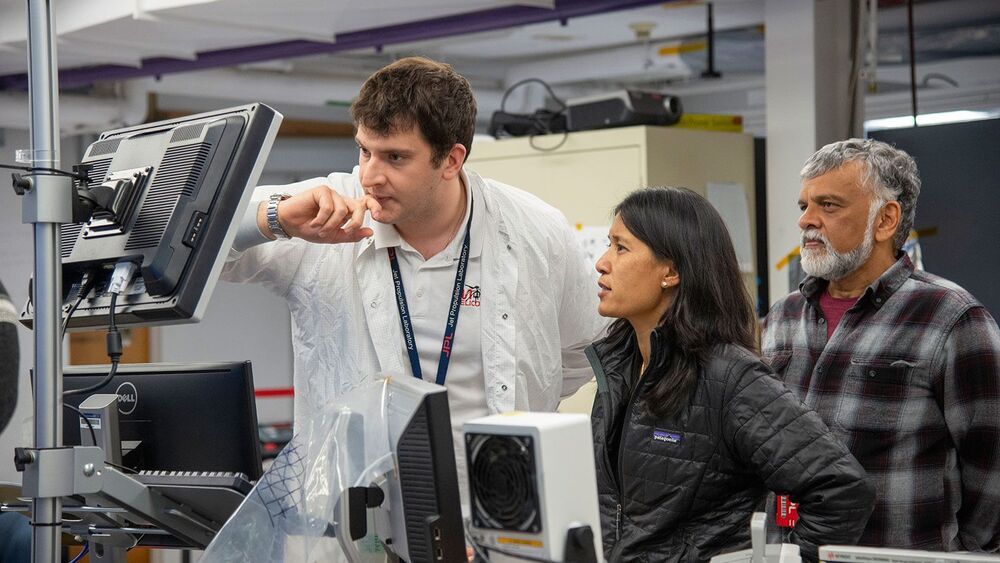“Never, never ask me for a shortcut.” her mom said while she was growing up.
MiMi Aung (born 1968) is a Burmese 🇲🇲 American engineer and project manager at Jet Propulsion Laboratory (JPL).
She is the lead engineer on the Mars Helicopter Ingenuity, the first extraterrestrial aircraft which landed on Mars today.
She was inspired by her mother to study science, maths and engineering. Her mother was the first woman in Myanmar to get a PhD in mathematics.
She tested the technology she and her colleagues developed for seven years at NASA.
Mars’ atmosphere is a lot thinner than Earth’s. This means to keep the helicopter in the air, the blades must spin very fast and it can’t weigh more than 2 kilograms.
Ingenuity’s mission on Mars is to help Perseverance find the best routes around Mars.









